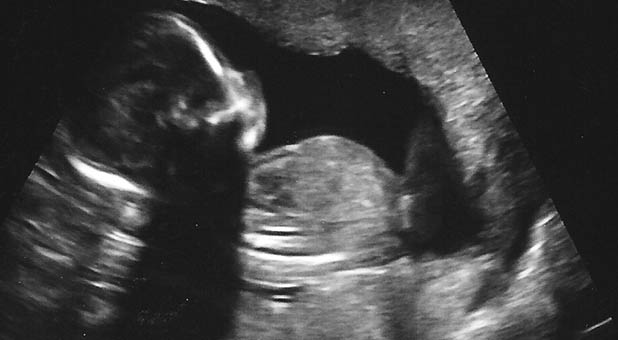Heavy Metal Band Founder’s Drug-Fueled Death Leads to Court Opinion That Unborn Have Rights
That the Lord works in mysterious ways is a given for many evangelicals, and that unborn children should have the same rights as those who have been born would seem to be equally self-evident.
But in a court of law—particularly in this day and age—the obvious all too often gives way to the absurd. That’s what makes the Iowa Supreme Court’s recent opinion in Docket No. 14-1547 so very interesting: because, for once, the absurd was used to shine the light of truth on the obvious.
In 2010, Paul Gray, one of the co-founders of the heavy metal band Slipknot died at his home near Des Moines. It was later ruled his death was caused by an overdose of several narcotics, including prescription painkillers.
Dr. Daniel Baldi, an addiction medicine and pain management specialist who had been treating Gray for a number of years, was later charged and acquitted of criminal negligence. Gray’s wife, however, also filed a civil lawsuit claiming negligence, loss of spousal support, and loss of paternal support for her daughter.
Gray’s wife was three or four months pregnant at the time of his death.
A lower court determined the statute of limitations prevented the civil suit from advancing, and issued a summary judgment. Attorneys representing Gray’s wife appealed to the Iowa Supreme Court. And, in a surprise opinion from the court that opened the door for “legal” homosexual “marriage” in the U.S., the court determined Gray’s unborn daughter had a right to sue.
In Iowa, a child younger than 8 may sue for loss of parental support if the suit is initiated prior to his or her 10th birthday. The attorneys representing Baldi said an unborn child didn’t have that right, because it was not yet alive.
“[T]he statute’s initial focus is in the present tense on the filing of the action, not on whether the minor child on whose behalf the claim is brought was alive at some prior time,” Justice Daryl Hecht, who was appointed in 2006 by then-Gov. Tom Vilsack, a Democrat, wrote. “Gray filed the petition when O.D.G. was less than four years old. Thus, the action was clearly ‘brought on behalf a minor.'”
In his opinion, Hecht—who was one of the jurists who unanimously approved the state’s gay “marriage” opinion in Varnum v. Brien in 2009—also wrote his opinion should not be construed to grant universal rights to the unborn. He still faces his first retention vote following the Varnum decision this November.
The Iowa Supreme Court overturned the part of the lower court’s decision concerning Gray’s daughter and remanded the case back for further proceedings.
















































